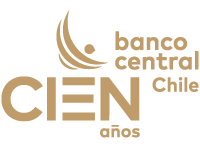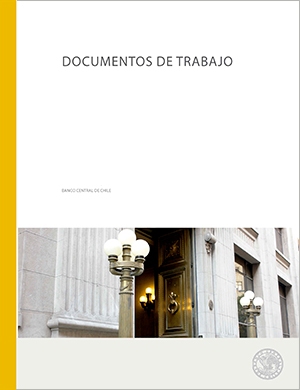Documento de Trabajo N° 354: Supply Shocks in the Transition Towards an Inflation Targeting Reform: an Empirical Evidence for Guatemala
Publicaciones
Documento de Trabajo N° 354: Supply Shocks in the Transition Towards an Inflation Targeting Reform: an Empirical Evidence for Guatemala
Autor: Juan Carlos Castañeda , Carlos Eduardo Castillo
Descripción
Los efectos de un shock de oferta, tal como el actual shock petrolero, son analizados en base a un modelo semiestructural calibrado para la economía de Guatemala. Se propone en el documento que un incremento en los precios del petróleo a nivel mundial afecta los precios domésticos a través de un canal directo y de un canal indirecto. El primero se produce por medio de la importación directa de productos derivados del petróleo, cuyo precio se incrementa, mientras que el segundo se produce por medio de la importación de bienes, en cuyo proceso productivo, se empleó algún derivado de dicho producto y como consecuencia su costo de producción también registró un alza. Adicionalmente, se analizan y comparan tres posibles escenarios de política monetaria ante el shock de oferta: una política monetaria pasiva; una política monetaria en la cual el banco central tiene metas para el nivel de la producción doméstica; y una política monetaria en la cual el banco central actúa bajo un régimen de metas de inflación. Se concluye que el escenario en el cual el banco central actúa bajo un régimen de metas de inflación, constituye el mejor escenario de política monetaria para contrarrestar los efectos negativos de un shock petrolero. Dicho régimen monetario estará funcionando completamente en Guatemala a partir de 2006.
Documento de Trabajo N° 354: Supply Shocks in the Transition Towards an Inflation Targeting Reform: an Empirical Evidence for Guatemala
Recuadros y gráficos

